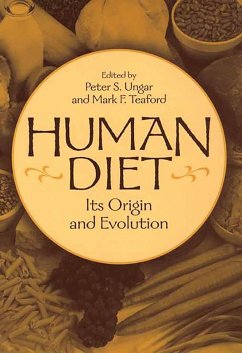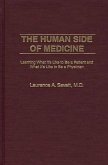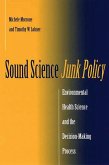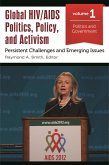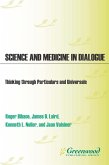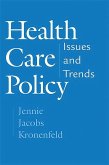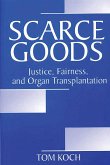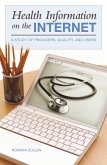Diet is key to understanding the past, present, and future of our species. Much of human evolutionary success can be attributed to our ability to consume a wide range of foods. On the other hand, recent changes in the types of foods we eat may lie at the root of many of the health problems we face today. To deal with these problems, we must understand the evolution of the human diet.
Studies of traditional peoples, non-human primates, human fossil and archaeological remains, nutritional chemistry, and evolutionary medicine, to name just a few, all contribute to our understanding of the evolution of the human diet. Still, as analyses become more specialized, researchers become more narrowly focused and isolated. This volume attempts to bring together authors schooled in a variety of academic disciplines so that we might begin to build a more cohesive view of the evolution of the human diet. The book demonstrates how past diets are reconstructed using both direct analogies with living traditional peoples and non-human primates, and studies of the bones and teeth of fossils. An understanding of our ancestral diets reveals how health relates to nutrition, and conclusions can be drawn as to how we may alter our current diets to further our health.
Studies of traditional peoples, non-human primates, human fossil and archaeological remains, nutritional chemistry, and evolutionary medicine, to name just a few, all contribute to our understanding of the evolution of the human diet. Still, as analyses become more specialized, researchers become more narrowly focused and isolated. This volume attempts to bring together authors schooled in a variety of academic disciplines so that we might begin to build a more cohesive view of the evolution of the human diet. The book demonstrates how past diets are reconstructed using both direct analogies with living traditional peoples and non-human primates, and studies of the bones and teeth of fossils. An understanding of our ancestral diets reveals how health relates to nutrition, and conclusions can be drawn as to how we may alter our current diets to further our health.

